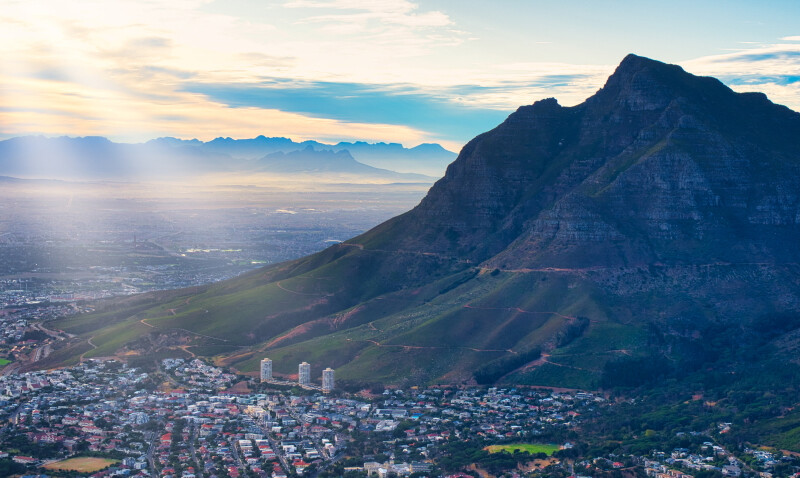The South African tourism industry, represented by the Tourism Business Council of South Africa (TBCSA), is “considering its options” after failing to convince government to allow intra-provincial domestic tourism to resume under lockdown alert level 3.
Subsequent to President Cyril Ramaphosa announcing the easing of some level 3 regulations on 17 June, the industry was operating under the belief that accredited accommodation facilities could accept guests for leisure stays. This belief was shattered on 11 July, when a tweet from the President’s official Twitter account expressly prohibited domestic tourism. (Read more about this here.)
“Our industry has been operating safely and assisted government by providing quarantine sites, isolation spaces, as well as serving business and essential travellers, the same principles and protocols should apply for a leisure traveller.”
The tourism industry has been pinning its hopes on a phased reopening starting now, with domestic travel. The TBCSA presented its tourism recovery plan to the President last month, outlining how a phased reopening can be done safely, and backed by rigorous health protocols that it has developed. With this plan, international inbound travel was earmarked to resume in September 2020 in order to take advantage of the summer high season.
Tshifhiwa Tshivhengwa, CEO of TBCSA, says, “Our industry has been operating safely and assisted government by providing quarantine sites, isolation spaces, as well as serving business and essential travellers, the same principles and protocols should apply for a leisure traveller, intra-provincial travel, interprovincial travel or anyone wanting to check into accommodation for personal reasons.”
He adds, “Our protocols are as stringent like other sectors that are already operational like mining, beauty and care, transport, retail, and many more.”
Meanwhile 600,000 employees within the sector have applied for assistance through the UIF TERS programme which came to an end in June.
Currently, the TBCSA estimates that R748m in tourism expenditure is being lost daily (based on a total R273.2bn in tourism expenditure in 2018). Meanwhile 600,000 employees within the sector have applied for assistance through the UIF TERS programme which came to an end in June. Bearing in mind that many of these people are breadwinners, the impact of not being able to receive further financial support or resume earning will be far reaching.
“[W]e have no choice but to weigh our options on the relief that will protect and save businesses within the sector as well as the value-chain of tourism and hospitality, otherwise the industry is facing permanent closure.”
Tshivhengwa adds, “We have tried appealing to government since the Level 3 lockdown was announced, however, our appeals were not adequately considered. As a result, we have no choice but to weigh our options on the relief that will protect and save businesses within the sector as well as the value-chain of tourism and hospitality, otherwise the industry is facing permanent closure.”





